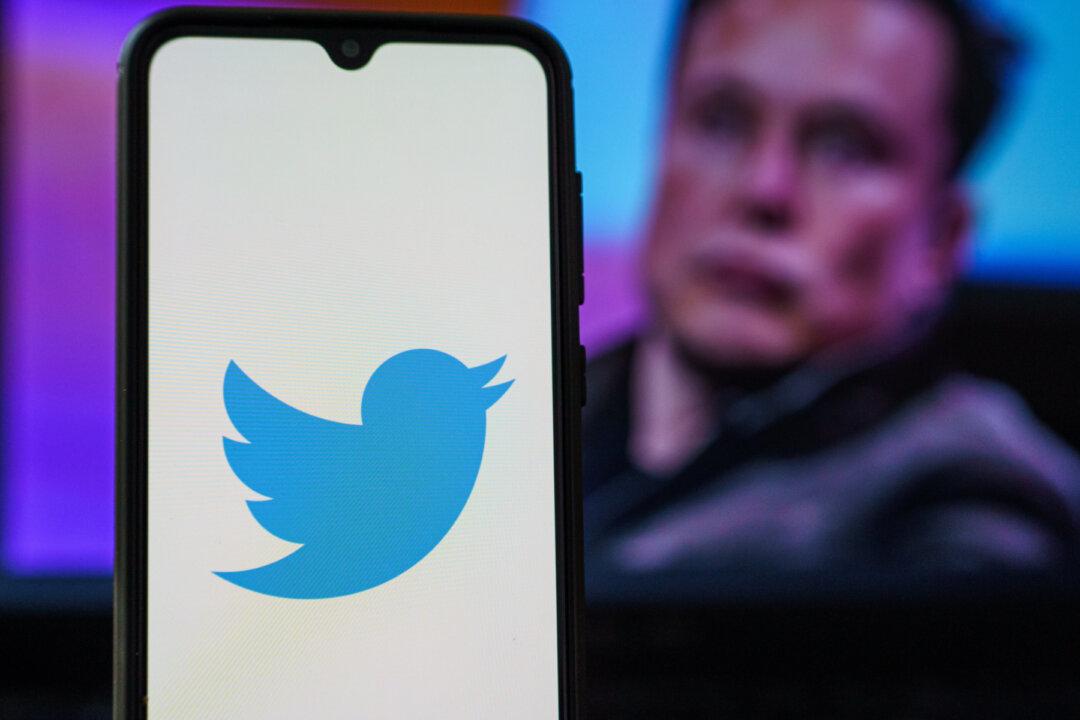Shares of Twitter fell by over 10 percent on Monday following Elon Musk’s announcement that he intended to back out from a deal to acquire Twitter for $44 billion, raising speculation about likely future litigation against the Afrikaner billionaire.
On Friday, Tesla CEO Elon Musk gave notice to Twitter that he intended to end his deal to acquire the social media company at $54.20 per share, saying that Twitter had not upheld its contractual obligations. Musk made the announcement via a letter sent by his lawyer to the company’s chief legal officer. The letter was disclosed by a Securities and Exchange Commission filing.





